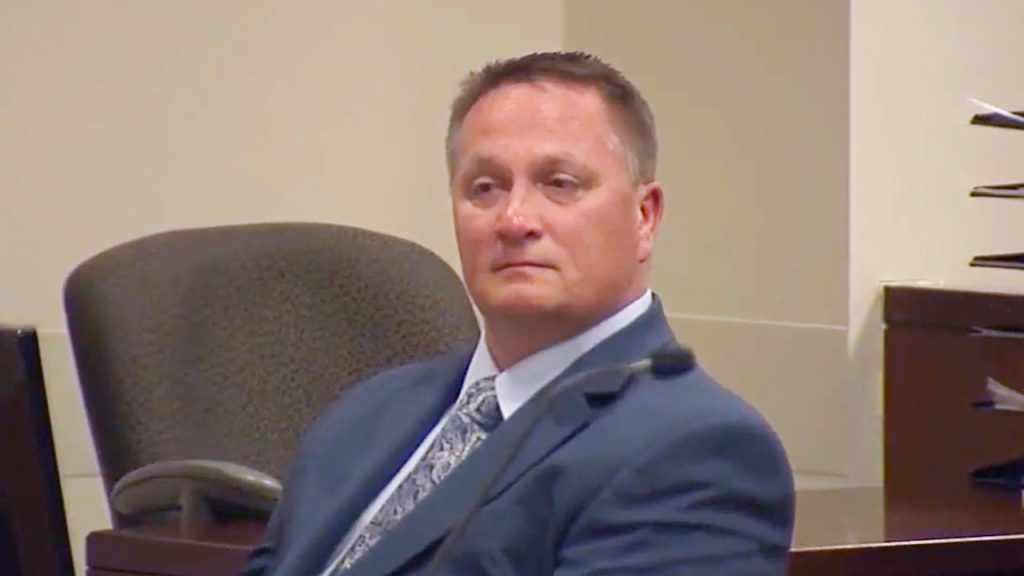The former paramedic who injected Elijah McClain with a powerful sedative, Jeremy Cooper, was sentenced to probation after his conviction for criminally negligent homicide in McClain’s death. This incident, which occurred in 2019, was a contributing factor to the racial injustice protests that swept the nation in 2020. Cooper’s sentencing marked the end of a series of trials that included convictions for a police officer and two paramedics, which is rare in cases involving paramedics and emergency medical technicians. McClain’s mother expressed her disappointment in all those present on the night of her son’s death, not just those who were convicted.
The convictions of the paramedics and officer involved in McClain’s death are significant, as experts note that such outcomes would have been unlikely prior to the racial justice movements that followed George Floyd’s murder in 2020. This incident was part of a larger issue, as at least 94 people died after being given sedatives and restrained by police between 2012 and 2021. McClain’s name became a symbol in protests over racial injustice in policing, highlighting the need for change in law enforcement practices.
Cooper expressed remorse during the sentencing, stating that he wished he could have saved McClain and that he never intended harm. The judge sentenced another paramedic to five years in prison for his role in McClain’s death, the most severe punishment handed out among the responders. Police officer Randy Roedema received a 14-month jail sentence on related charges. Prosecutors initially declined to press charges in McClain’s death, but the case was reopened following public outcry and a second autopsy revealed the cause of McClain’s death.
Since the deaths of Floyd, McClain, and others brought attention to police custody deaths, many departments have reevaluated their tactics. Ketamine, which was administered to McClain, is now prohibited for use on those suspected of excited delirium in Colorado. The protests following these deaths led to legislative changes in 27 states, including restrictions on neck holds and chokeholds. McClain’s mother believes that justice has not been fully served, as she holds more individuals at the scene of her son’s death accountable for their complicity in the tragedy. She is hopeful that a higher power will ultimately deliver justice.


